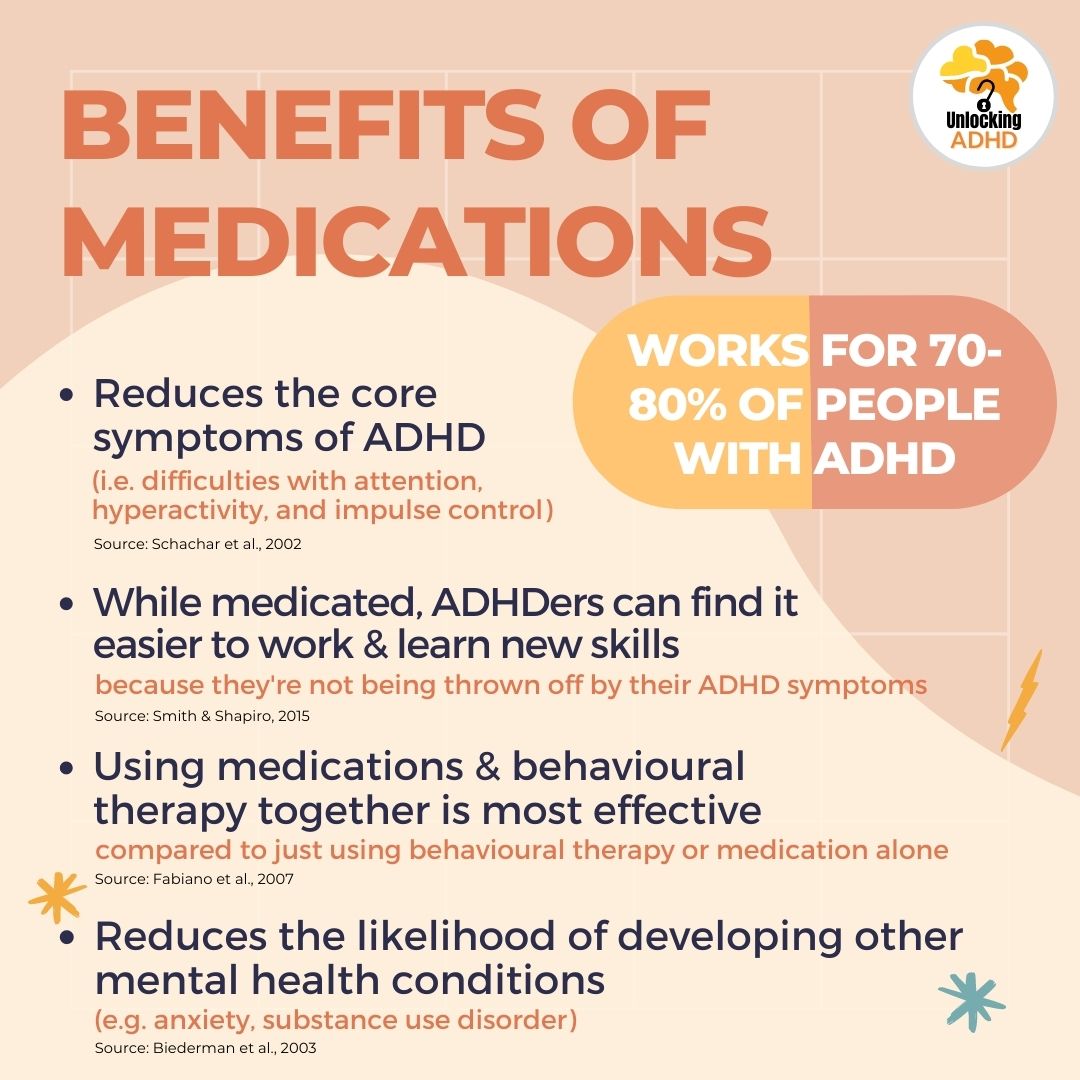The Benefits of ADHD Medication
ADHD, or Attention-Deficit/Hyperactivity Disorder, is a neurodevelopmental disorder that affects both children and adults. It is characterized by symptoms such as inattention, hyperactivity, and impulsivity. ADHD medication has been proven to be an effective treatment option for managing these symptoms, improving focus, and enhancing overall quality of life.
The Importance of ADHD Medication
ADHD medication plays a crucial role in the treatment of this disorder. It helps individuals with ADHD to better regulate their attention, behavior, and emotions. By addressing the underlying neurological imbalances associated with ADHD, medication can significantly reduce the impact of symptoms on daily functioning.
Improved Focus and Attention
One of the key benefits of ADHD medication is its ability to improve focus and attention. Individuals with ADHD often struggle with maintaining concentration, which can negatively impact their performance at school, work, and other important activities. Medication, such as stimulants, can help increase the brain’s dopamine and norepinephrine levels, which are neurotransmitters responsible for attention and focus. This leads to improved cognitive abilities and better task completion.
Reduced Impulsivity and Hyperactivity
Another significant benefit of ADHD medication is its ability to reduce impulsivity and hyperactivity. These symptoms can make it challenging for individuals with ADHD to control their behavior and regulate their impulses. Medication can help individuals gain better control over their actions, enabling them to think before acting and make more thoughtful decisions. By reducing hyperactivity, medication also allows individuals to feel calmer and more at ease.
Types of ADHD Medication
There are different types of ADHD medication available, and the choice of medication depends on various factors such as age, severity of symptoms, and individual response. The two main categories of ADHD medication are stimulants and non-stimulants.
Stimulant Medication
Stimulant medication, such as methylphenidate (Ritalin) and amphetamines (Adderall), is the most commonly prescribed treatment for ADHD. These medications work by increasing the levels of dopamine and norepinephrine in the brain, promoting improved focus, attention, and impulse control. Stimulant medication is available in various forms, including short-acting and long-acting formulations.
Non-Stimulant Medication
In cases where stimulant medication is not suitable or well-tolerated, non-stimulant medication may be prescribed. Non-stimulant medication, such as atomoxetine (Strattera) and guanfacine (Intuniv), works differently by targeting other neurotransmitters in the brain. These medications are often preferred for individuals who have a history of substance abuse, cardiovascular issues, or certain psychiatric conditions.
Effectiveness and Safety
ADHD medication has been extensively studied and proven to be effective in managing symptoms and improving overall functioning. However, it is essential to note that medication is not a cure for ADHD. It is a tool that, when used in conjunction with other therapeutic approaches, can significantly enhance the individual’s ability to manage their symptoms.
When prescribed and monitored by a healthcare professional, ADHD medication is generally safe and well-tolerated. However, like any medication, it may have potential side effects. Common side effects include decreased appetite, sleep disturbances, and irritability. It is crucial to communicate any concerns or side effects to the prescribing healthcare professional to ensure appropriate adjustments are made.

ADHD medication offers numerous benefits for individuals with ADHD, including improved focus, reduced impulsivity, and enhanced overall functioning. By addressing the underlying neurological imbalances associated with ADHD, medication can significantly improve the quality of life for those affected by this disorder. It is important to work closely with a healthcare professional to determine the most suitable medication and dosage for each individual, as well as to incorporate other therapeutic strategies for comprehensive ADHD management.
Frequently Asked Questions
1. What are the benefits of ADHD medication?
ADHD medication can help improve focus, attention, and impulse control in individuals with ADHD.
2. How do ADHD medications work?
ADHD medications work by increasing the levels of certain chemicals in the brain that help regulate attention and behavior.
3. Are ADHD medications safe?
When prescribed and used properly under medical supervision, ADHD medications are generally considered safe and effective.
4. Can ADHD medication help with academic performance?
Yes, ADHD medication can help improve academic performance by enhancing concentration and reducing impulsive behaviors.
5. What are the potential side effects of ADHD medication?
Common side effects of ADHD medication may include decreased appetite, trouble sleeping, and increased heart rate.
6. How long does it take for ADHD medication to start working?
The onset of action for ADHD medication varies depending on the specific medication, but it can generally start working within 30 minutes to an hour.
7. Can ADHD medication be used in adults?
Yes, ADHD medication can be used in adults to help manage symptoms and improve daily functioning.
8. Do ADHD medications have long-term benefits?
There is evidence to suggest that ADHD medications can have long-term benefits when used as part of a comprehensive treatment plan.
9. Are there non-medication alternatives for managing ADHD?
Yes, non-medication alternatives such as behavioral therapy, counseling, and lifestyle modifications can also be effective in managing ADHD symptoms.
10. Can ADHD medication be used alone or should it be combined with other treatments?
ADHD medication can be used alone, but it is often more effective when combined with other treatments like therapy or behavioral interventions.




